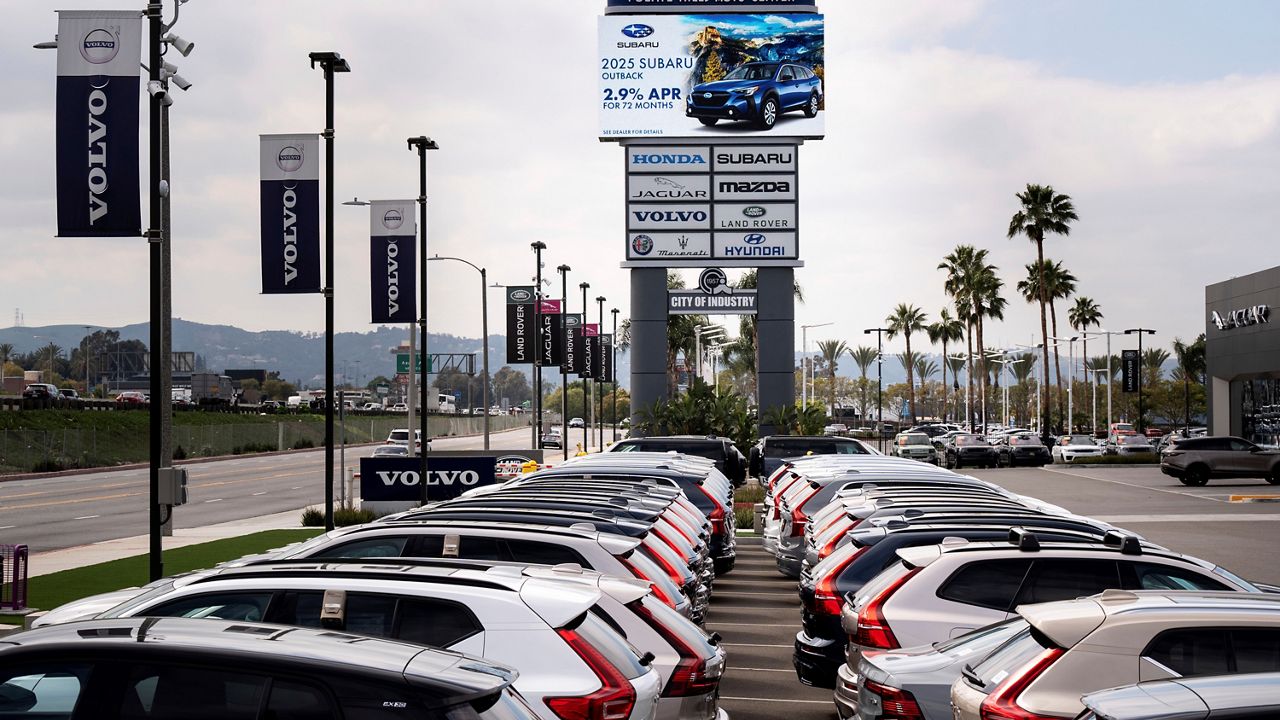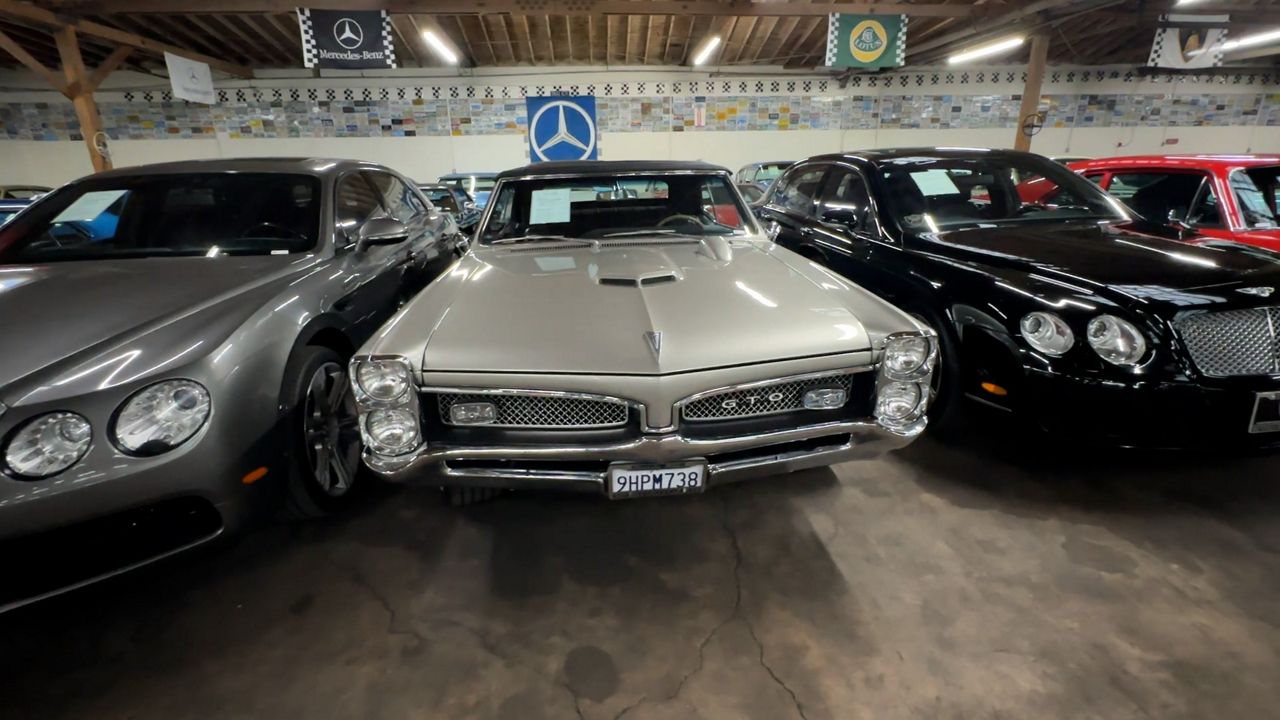LOS ANGELES — It may be more difficult than usual to find a Lyft or Uber on Wednesday.
From Los Angeles to Cleveland to Baltimore, rideshare drivers in 11 cities throughout the country are striking in support of fair pay and federal legislation that would allow them to collectively bargain.
“These companies are calling it a driver shortage. We call it a silent strike,” said Brian Dolber, a spokesperson for the LA-based activist group Rideshare Drivers United, which organized Wednesday’s strike. “Conditions have become severe for this precarious workforce because of COVID and Prop 22.”
While many drivers have idled their cars because of pandemic-related health safety concerns, others are protesting the passage of Prop 22 in California last November. Funded with a $220 million campaign by Uber, Lyft and food delivery services such as DoorDash, the controversial ballot initiative allowed app-based driving companies to continue classifying their workers as independent contractors instead of employees with benefits.
“Drivers don’t have a voice,” Dolber said of the strikes, which have the support of Rideshare Drivers United’s 20,000 members in California, where three of the 11 protests will be staged in Los Angeles, San Francisco and San Diego.
Strikes are also taking place in Austin, Boston, Las Vegas, Pittsburgh, Denver and Baltimore.
Responding to Wednesday's strike, a spokesperson for the Protect App-Based Drivers and Services Coalition — formerly known as the Yes On Prop 22 Coalition — said more than 130,000 Instacart shoppers have seen pay increase by more than 30% since Prop 22 passed as a result of the proposition’s minimum earnings guarantee and per-mile compensation.
The spokesperson added that DoorDashers in California saw an average 30% increase in earnings in January, and that Lyft drivers can receive up to $4,800 in healthcare payments per year. Uber driver earnings in April had also increased, he said, to $26.85 per hour in Los Angeles and $25.28 per hour in San Francisco.
But many rideshare drivers say their pay has been slashed. The LA protest is taking place at LAX, where Rideshare Drivers United reports their members are receiving 32 cents per mile — less than the 57-cent-per-mile federal reimbursement rate. The San Francisco protest is taking place at Uber headquarters.
“Today, we’re working to make driver’s voices heard, so Uber and Lyft know they need to change their practies, and the Senate knows they need to pass the PRO Act,” Dolber said.
The Protecting the Right to Organize, or PRO, Act would grant gig workers the right to organize and negotiate the terms of their contracts. First introduced by Democrats in the House of Representatives in 2020, the PRO Act was reintroduced in both houses of Congress in February. It now resides in the Senate, where it is three Democratic votes short of reaching the 50 votes necessary for passage.
If passed, the PRO Act would dramatically alter federal labor law. In addition to allowing workers currently classified as independent contractors to be reclassified as employees for the purpose of union organizing, the bill would prevent employers from being able to permanently replace striking workers with non-union labor and impose penalties on companies that violate labor laws.










